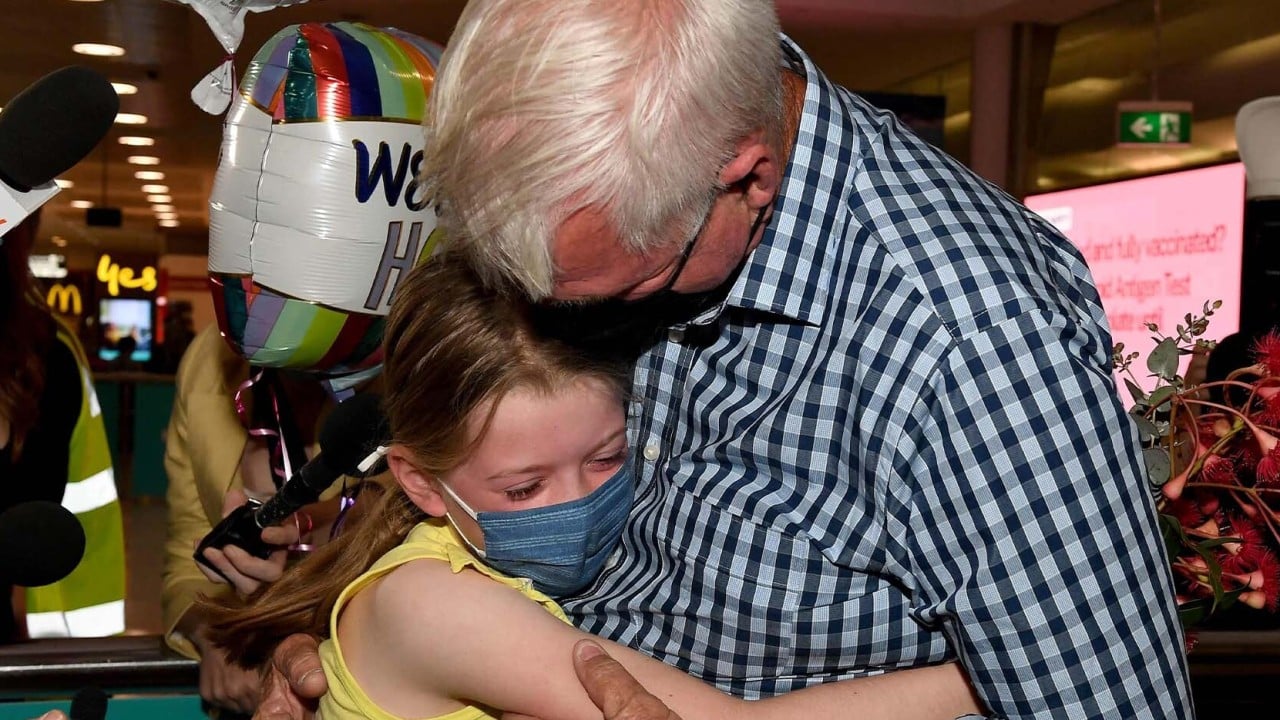
China-Australia relations: Canberra investing more on trade diversification in the face of Beijing’s ‘economic coercion’
- Australian Treasurer Josh Frydenberg says the government is investing more to diversify its trade after China subjected various goods to punitive actions
- The country is also working towards supply chain resilience in everything from manufacturing mRNA vaccines to ensuring fuel security is maintained, he says
Australia will invest more to find new buyers for its exports in an effort to ease trade dependence on China, its treasurer said, in the face of “economic coercion” from Beijing that shows little sign of abating.
“We are now, for example, sending more barley to Saudi Arabia, more wine into Singapore,” he said Thursday. “So even though Australia has been on the receiving end of economic coercion from China, we have been able to diversify our suppliers to and our exports to other countries.”
Icy China ties leave Australian firms ‘vulnerable’, despite resilient trade
Australia has long been one of the developed-world’s most China-dependent economies, leaving it vulnerable in the event of an economic crisis in its key trading partner, or a deterioration in relations.
But Frydenberg said the government was “always conscious of the geopolitical risk and its impact on exports and the economy”.
It is now “investing more in supply chain resilience and that’s everything from manufacturing mRNA vaccines here in Australia to ensuring that our fuel securities maintained,” he added.
On Tuesday, the treasurer handed down his fourth budget as the nation’s top economic official and his last before a May election.
The ruling Liberal-National coalition trails the opposition Labour Party in opinion polling and is looking for a boost from the fiscal blueprint.
While Frydenberg forecast strong economic growth and low unemployment for Australia, wages are expected to increase at a more tepid rate in the short term, squeezing households struggling with accelerating inflation.
Frydenberg said low unemployment, currently 4 per cent, would drive wage gains over time and added that inflation in Australia was “still well below other comparable countries like the United States and like the United Kingdom and Canada, and New Zealand.”
When asked about Australia’s high debt, left over from record spending to help the economy through the pandemic, the treasurer said foreign investors should have confidence that it was at “manageable” levels.
“The budget showed that debt as a share of GDP would peak four years earlier and more than 5 percentage points lower than previously forecast,” he said.


